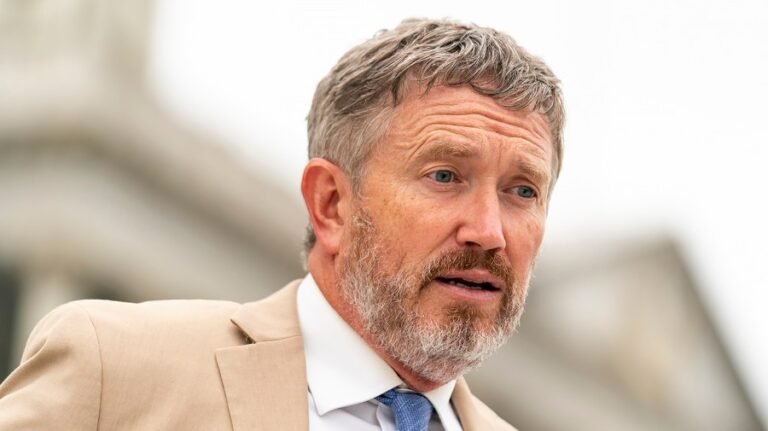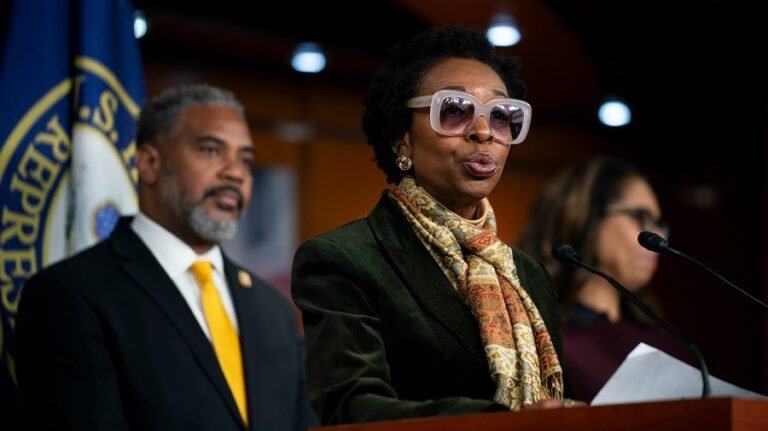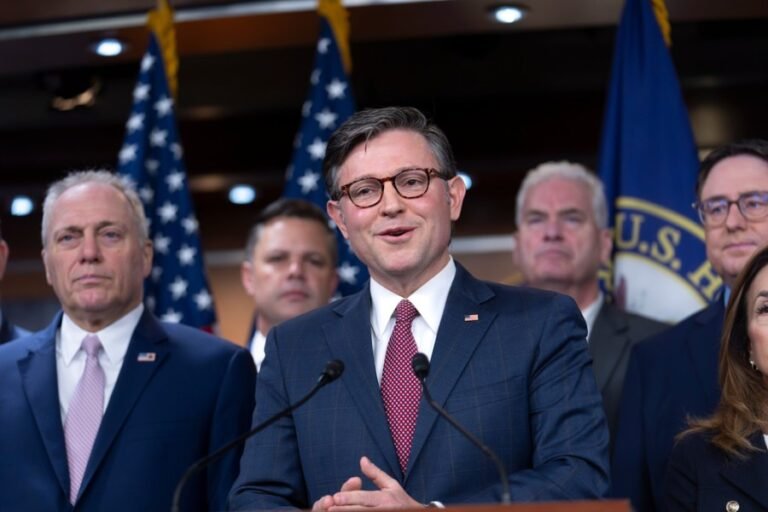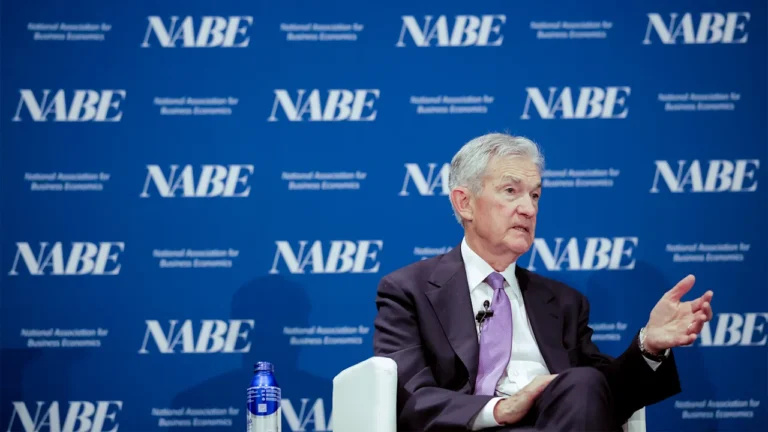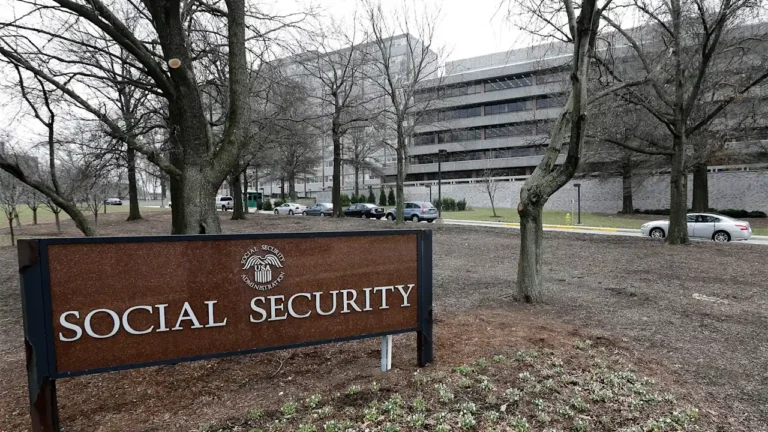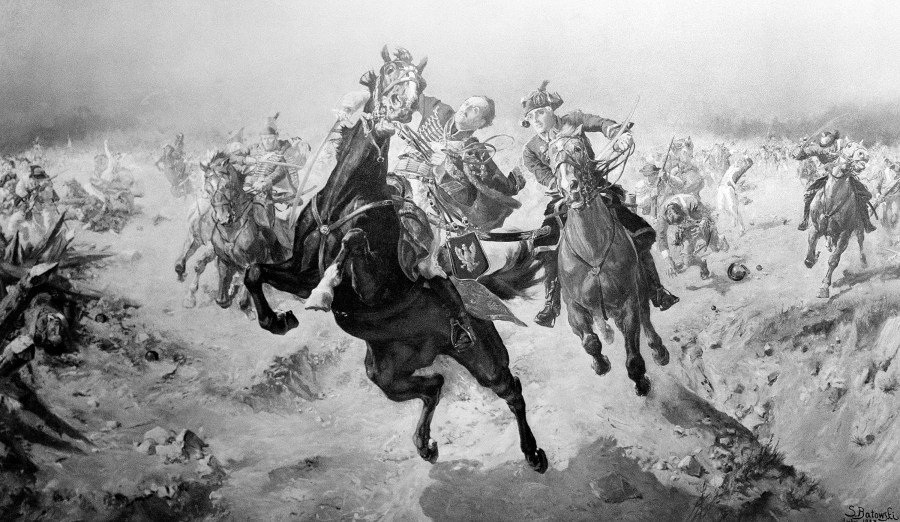
Sitting in the Oval Office with his American counterpart last month, Polish President Karol Nawrocki said that U.S.-Poland relations are based on common values of independence, sovereignty and democracy, epitomized by common heroes Casimir Pulaski and Thaddeus Kościuszko. Referencing these two champions of the Revolutionary War not only serves as a reminder that Poles came to the U.S. to fight for freedom, but that America’s birth was built on partnerships and alliances.
President Trump has made it his administration’s aim to throw the country the greatest birthday party in history. The yearlong celebration culminating on July 4, 2026, is an important time for the nation to recall what makes the U.S. special, as well as the triumphs and tribulations the country overcame to get to where it is today.
It is precisely in this context that Poland’s contribution to America’s birth must be recognized.
Poland’s ties to the U.S are woven deep into the fabric of Americana. Poles were among the first settlers in Jamestown, brought over to the New World in 1608 as much-needed skilled laborers. The struggle for freedom from the British Crown appealed to the fierce Polish republican spirit, which preached anti-imperialism and civil liberty. It was this defining moment that drew military tacticians Thaddeus Kościuszko and Casimir Pulaski to America’s shores.
The U.S. semiquincentennial next year is the perfect time to recall that it was Benjamin Franklin who personally recommended Pulaski to George Washington, noting that he was famous in Europe for defending the liberties of Poland against the invading powers of Russia, Austria and Prussia.
Pulaski stepped foot on American soil in Marblehead, Mass., in 1777 and quickly confirmed his reputation. He organized a much-needed cavalry unit in the Continental Army (the so-called “Pulaski Legion”) and has been credited with saving Washington’s life at the Battle of Brandywine when he prevented the British from encircling the commander in chief’s forces, allowing him to escape. Sent by Washington to free the important southern port city of Savannah from British occupation, Pulaski succumbed to battle wounds received during the siege in October 1779.
Pulaski’s invaluable contribution to American freedom and the country’s birth, along with his role in shaping the young nation’s armed forces, earned him the title “Father of the American Cavalry.” His legacy speaks for itself. Seven counties, several hundred streets and roads, and around 20 schools across America are named after Pulaski. Since 1867, his marble bust has sat in the U.S. Capitol. According to a recent National Monument Audit, more monuments are dedicated to his memory (51) than to some of the nation’s most important founding fathers, like Benjamin Franklin (48) and Thomas Jefferson (36).
A bronze statue of Pulaski on horseback stands on the corner of Pennsylvania Avenue and 13th Street in Washington, D.C., across from the Old Post Office building. During the May 1910 dedication, President William Howard Taft stressed that America’s debt to Pulaski can never be repudiated. In 1929, Congress passed a resolution designating Oct. 11 — the day of his death — General Pulaski Memorial Day in the U.S.. In 1983, President Ronald Reagan recognized October as national Polish American Heritage Month. President Barack Obama made Pulaski an honorary citizen in 2009 — one of only eight distinguished foreigners to be given the honor.
After the collapse of the Soviet Union and Poland regaining its sovereignty, Pulaski became an important symbol of Polish-American friendship and common values that formed the basis of a post-Cold War European security system. Citing this common bond is all the more important to countering neo-imperial ambitions, Russian aggression or threats posed by authoritarian China — dangers for both the U.S. and Poland.
While Pulaski may be a household name with his own nationwide memorial day and parade in New York City in October or state holiday in Illinois, his legacy is unknown to many. It’s high time to give Pulaski and Poland due credit.
President Trump recently described the U.S.-Polish partnership as a “special relationship,” and he’s right. Poland’s contribution to America’s birth is indisputable; so, too, is its commitment to transatlantic security and the defense of democracy. Today, it’s among the most pro-American allies in Europe.
As part of the upcoming semiquincentennial celebrations, a fall tradition of commemorating General Pulaski Memorial Day should take center stage in the White House. A visit by Poland’s sitting president next Oct. 11 would reaffirm the growing relationship by providing a unique opportunity for the heads of state to discuss pressing issues and assess new areas of cooperation. Ultimately, this meeting should become an annual tradition, thereby creating an opportunity for the sitting presidents to regularly meet at least once a year — something akin to the shamrock reception on St. Patrick’s Day.
A tradition of committing to the U.S.-Poland partnership in the Oval Office on Pulaski Memorial Day would firmly underpin the strategic importance of the special relationship and Poland’s growing role alongside the U.S., providing a fitting tribute to the man who saved Washington’s life and gave his own for America’s freedom.
Maciej Olchawa is the author of several books on Ukraine, including “Mission Ukraine” and “Imperial Games: Ukraine in the United States’ Geopolitical Strategy.” Between 2022 and 2024, he was the Kosciuszko Foundation Scholar at Loyola University Chicago, where he lectured on Polish and Eastern European politics. Paweł Markiewicz is a historian of 20th-century Central and Eastern Europe. He currently serves as executive director of the Washington, D.C., office of the Polish Institute of International Affairs and is adviser to its director for U.S. operations.
